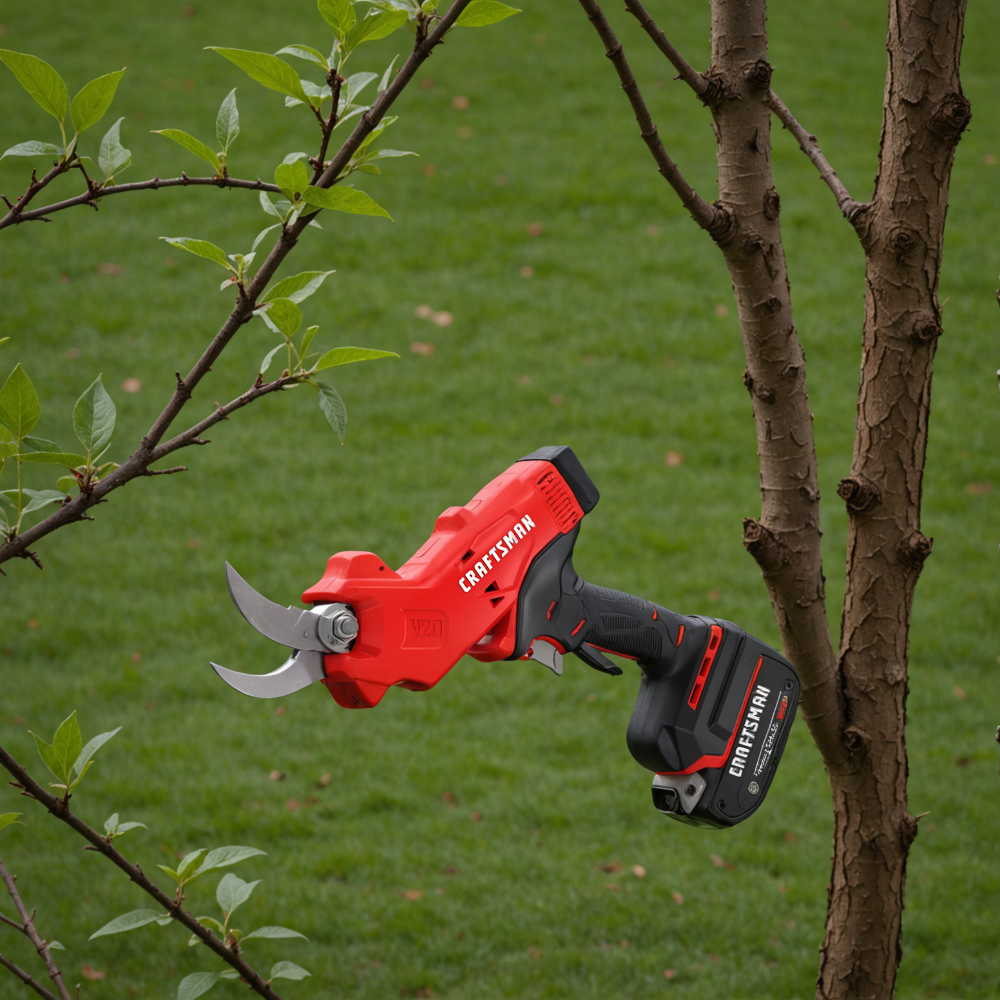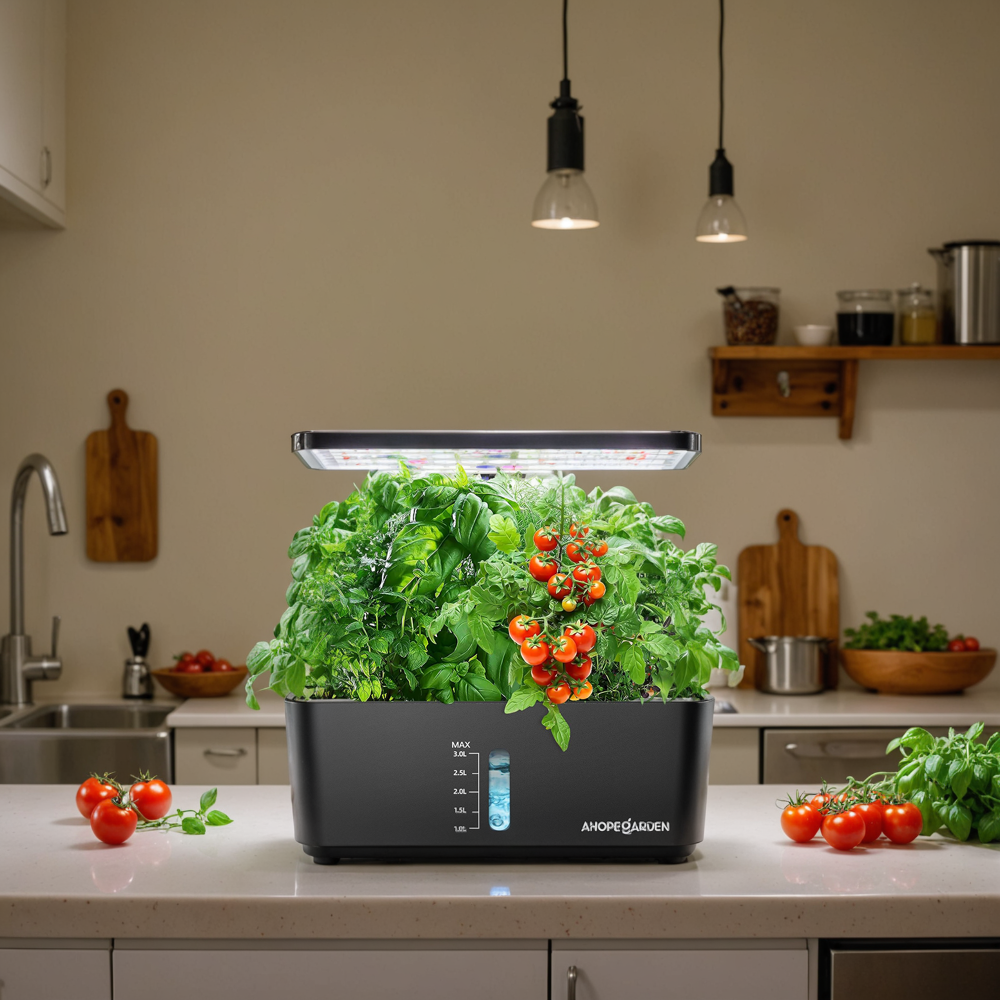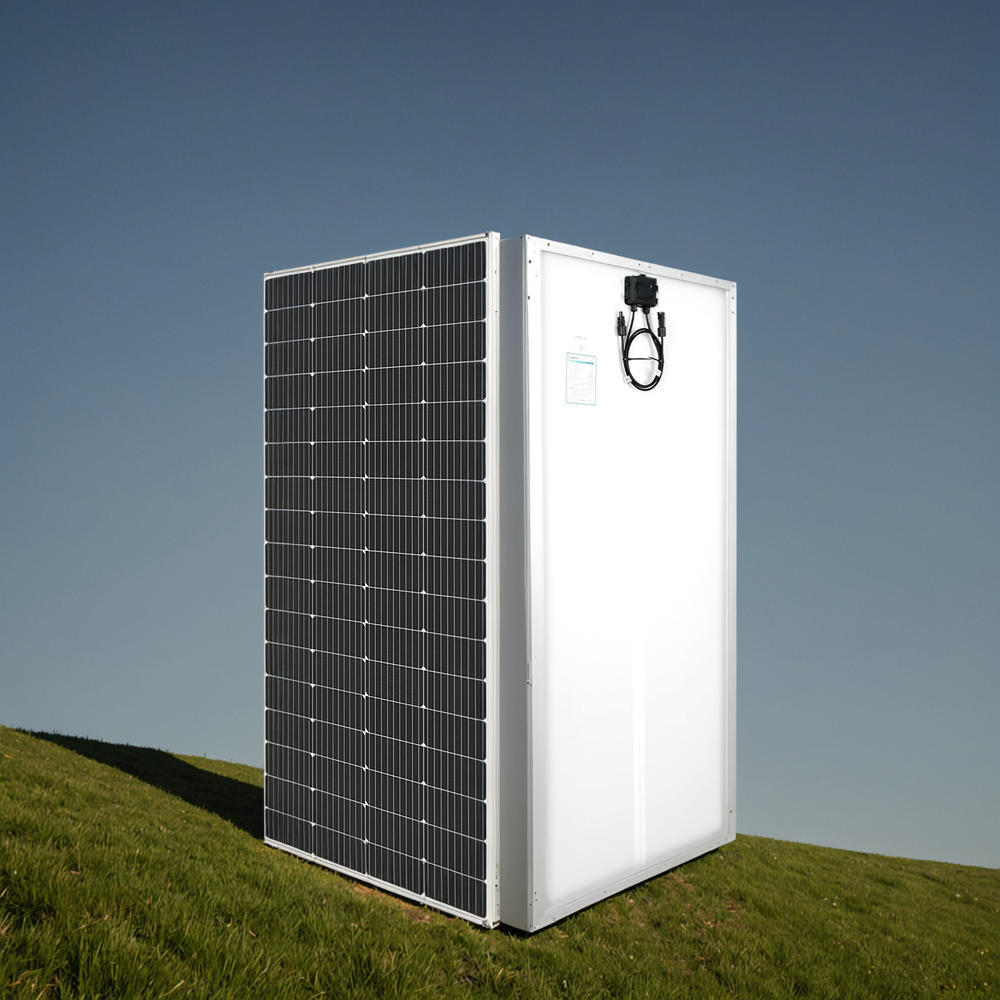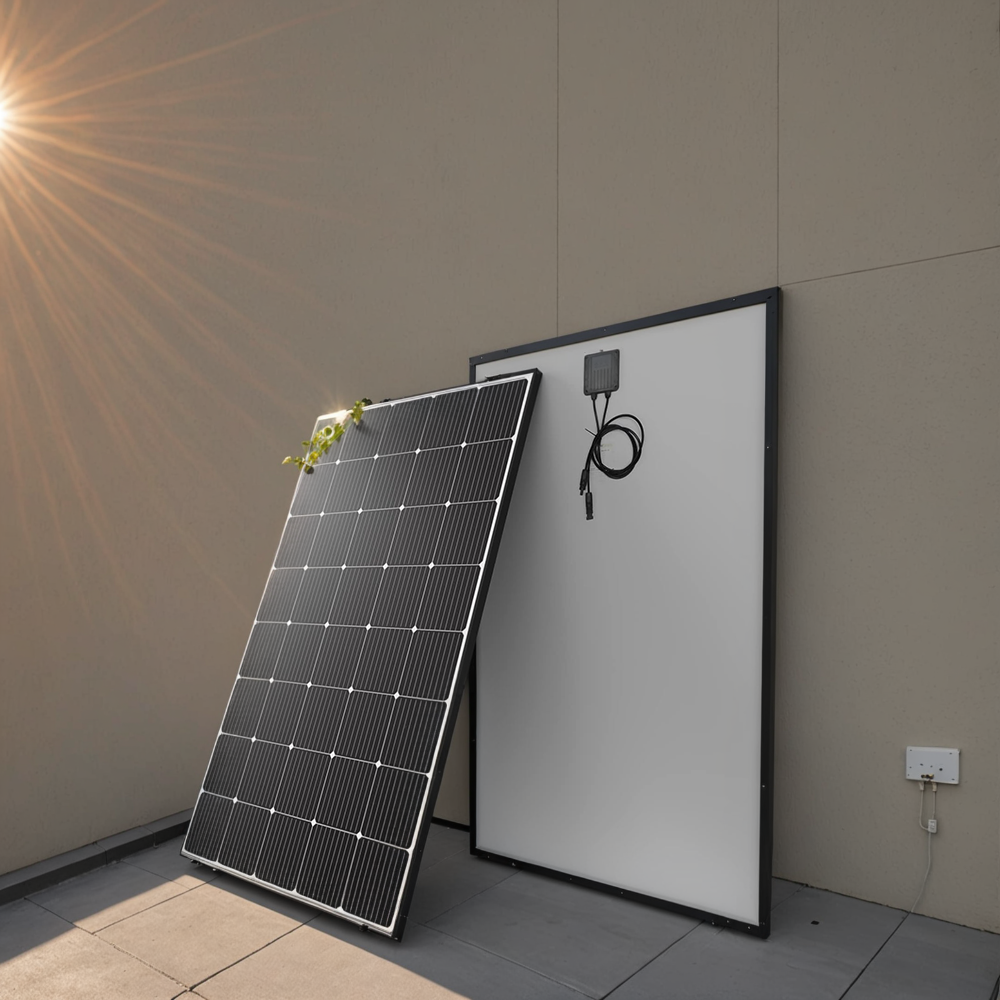
220W vs 250W Solar Panels, The big debate of 2025
220W vs 250W Solar Panel: Which Fits You in 2025?
As the drive towards sustainable living continues, choosing the right solar panel for your off-grid home, RV, or boat becomes crucial. Today, we’re comparing the 220W and 250W solar panels, two top contenders in the market. Each offers unique benefits tailored to different needs and environments, making the decision quite challenging without the right information. So, let’s delve into a detailed comparison to help you make an informed decision.
| Criteria | 220W Solar Panel | 250W Solar Panel |
|---|---|---|
| Price | Specific market rate | Specific market rate |
| Efficiency | 25.4% energy conversion | Standard efficiency |
| Technology | 10BB solar cell technology | 16BB solar cell technology |
| Waterproof Rating | IP68 | Lesser water resistance |
| Weight | Lightweight design | Standard weight |

Key Differences Explained
The 220W and 250W solar panels both boast significant capabilities for off-grid setups, but there are key differences that could swing your decision. Firstly, the 220W panel offers a higher energy conversion rate of 25.4%, thanks to its advanced 10BB solar cell technology, making it exceptionally efficient, even in low light conditions. This is ideal for inconsistent climates. Furthermore, its IP68 rating ensures it stands up better to the elements, making it a reliable choice for boaters and outdoor enthusiasts. On the other hand, the 250W panel uses 16BB technology, which is less effective in low light but could potentially offer more durability under certain conditions.
Real-World Performance
When assessing real-world performance, it’s essential to consider how these panels perform under actual conditions. After six miles on the Red Rock loop, a typical user reported that the 220W panel maintained consistent power output even as daylight waned, underscoring its superior performance in lower light scenarios compared to the 250W model, which showed slight fluctuations.
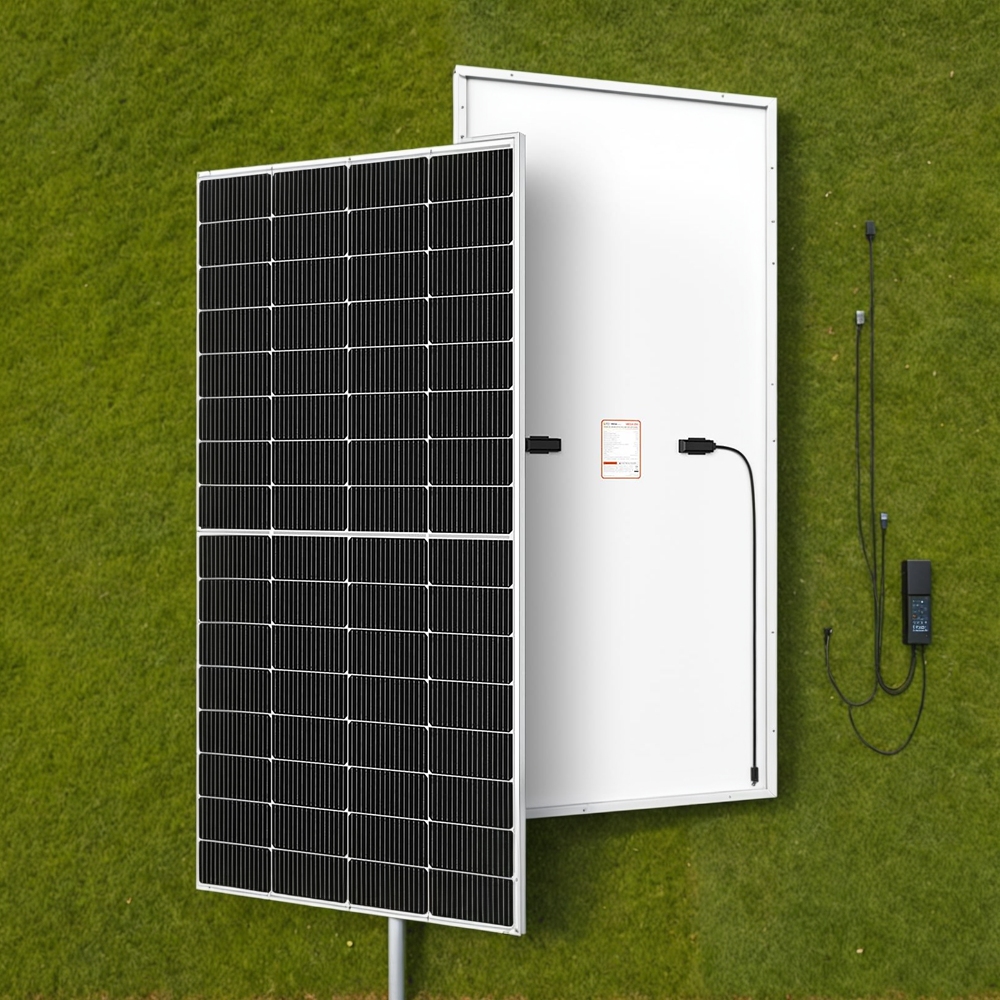
Pros & Cons At-a-Glance
- Higher efficiency
- Superior low-light performance
- Better waterproofing
- Lighter weight
- More robust at high light
- Potentially more durable frame
- Suitable for more static installations
- Standard efficiency might be sufficient for some users
Usage & Care Tips
- Clean the surface of the panel regularly to remove dust and debris.
- Ensure all connections are tight and protected from the elements.
- Monitor energy output to identify potential issues early.
- Position panels to maximize sun exposure throughout the year.
- Consider a tracking system to increase efficiency.
Closing Verdict
If you need a high-efficiency solar panel capable of performing well in varying light conditions and different weather scenarios, the 220W solar panel is your best pick. However, for those requiring a robust panel that performs consistently in higher light conditions, the 250W model might be the more appropriate choice.


 Amazon.com
Amazon.com 

